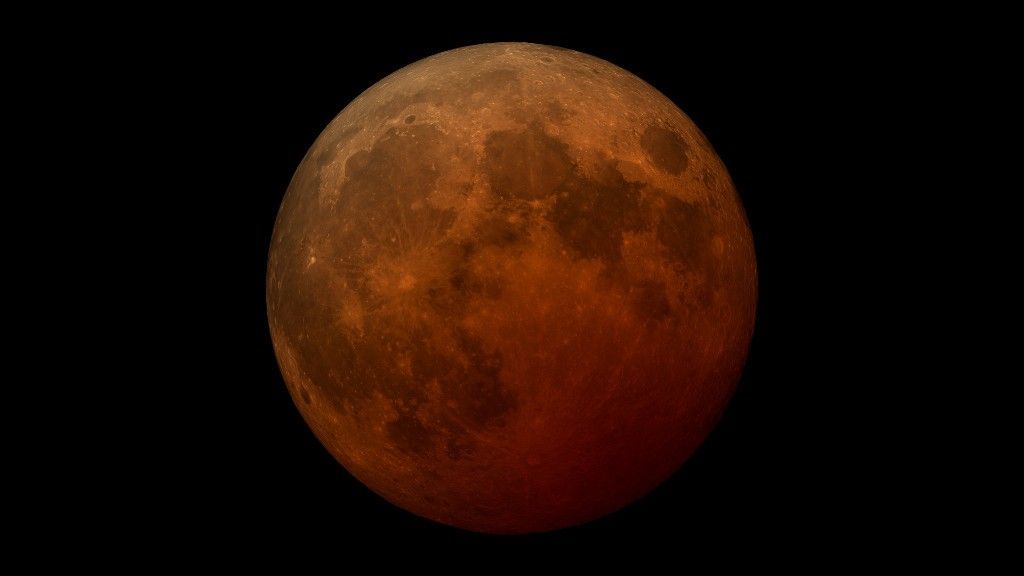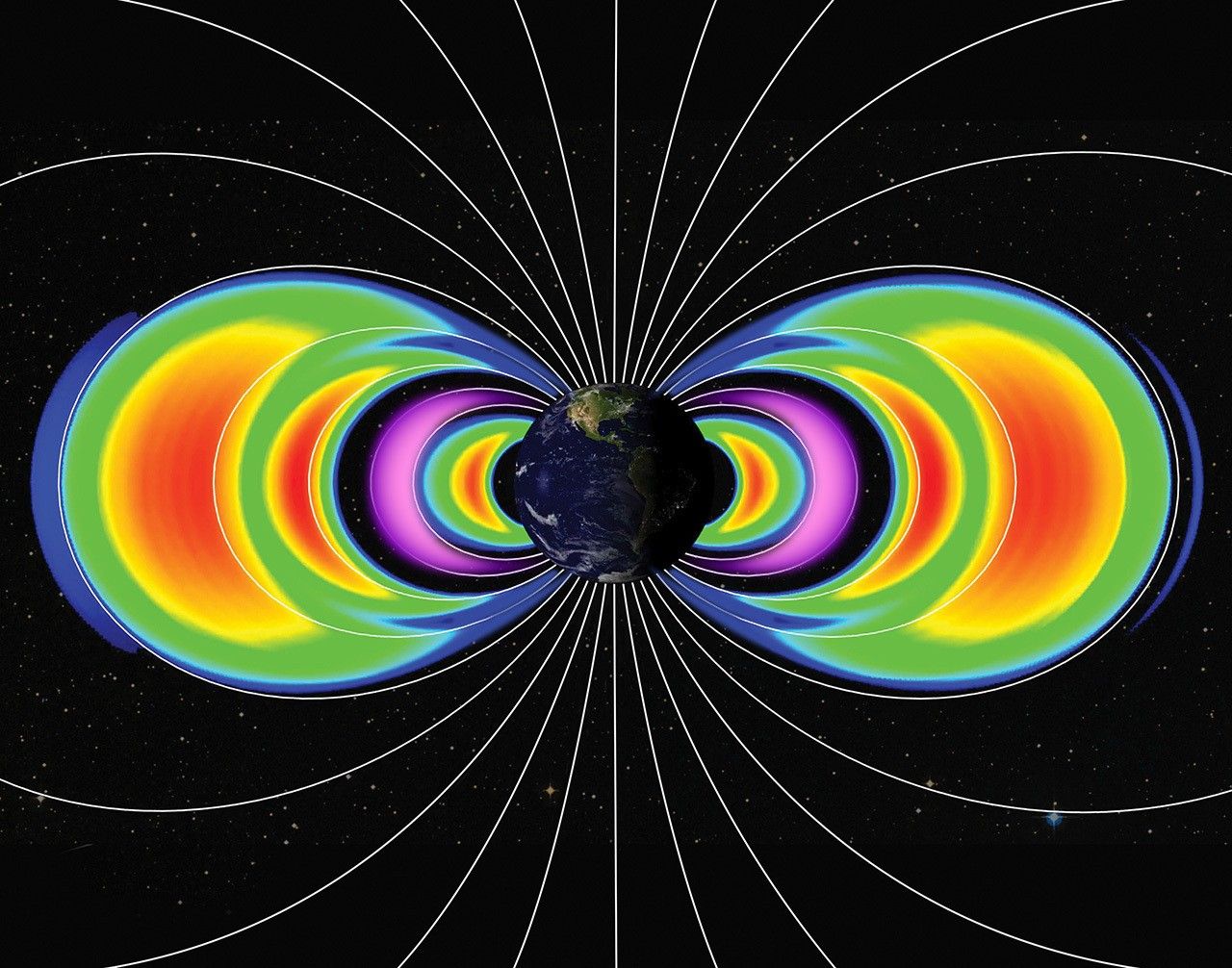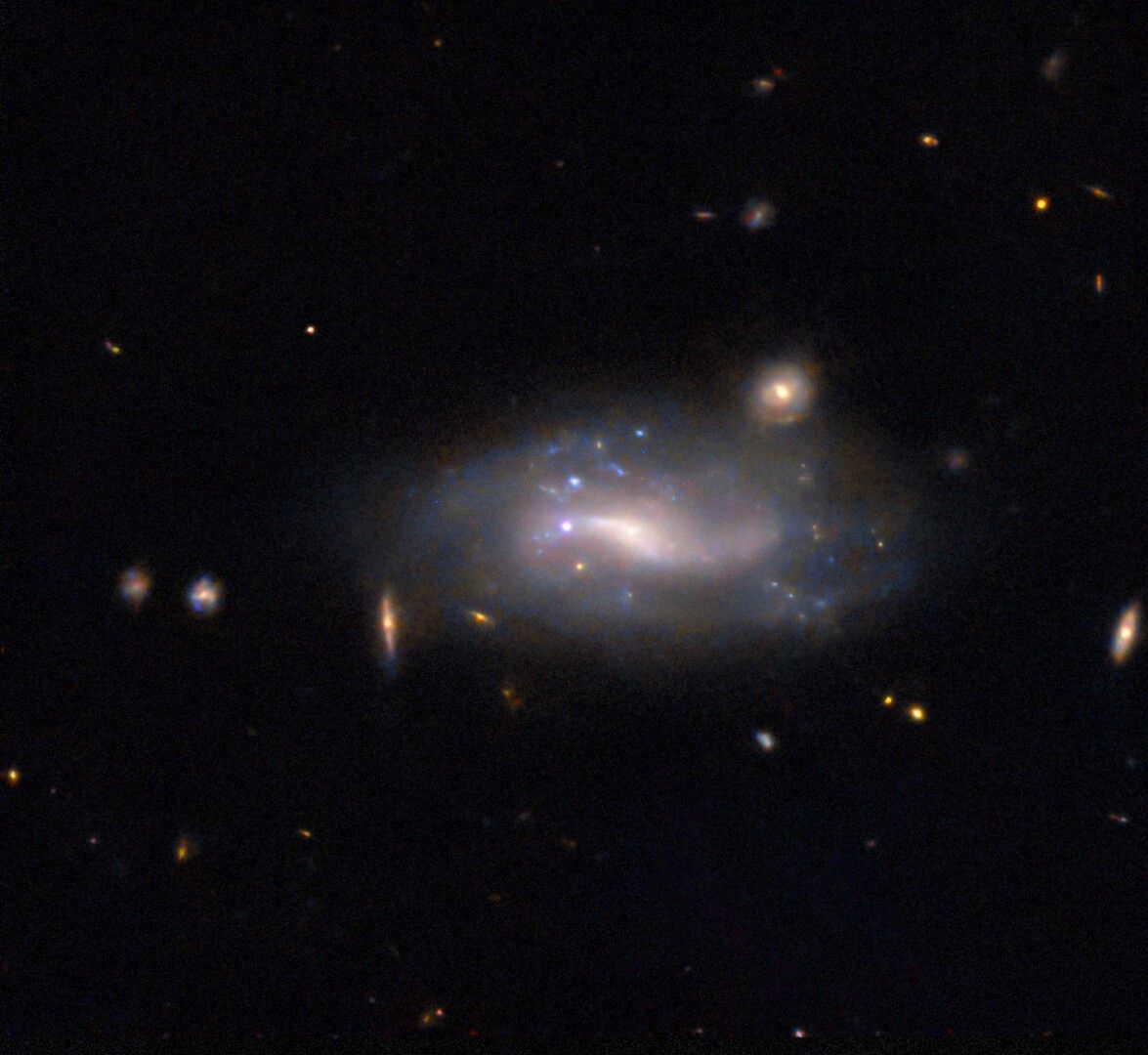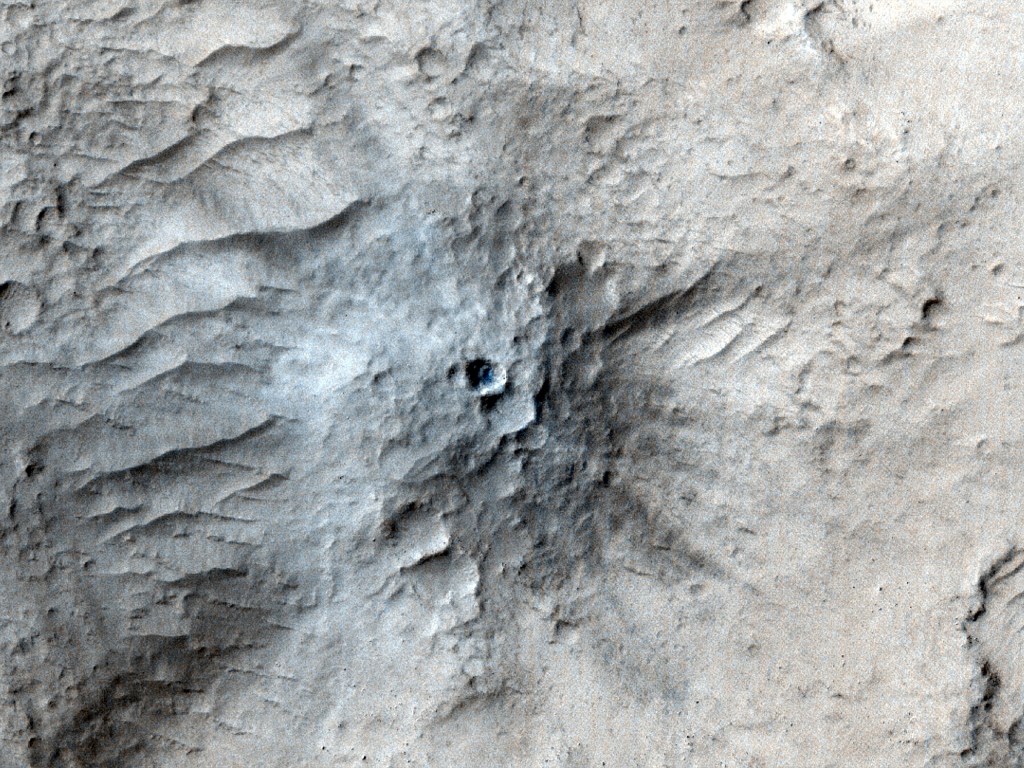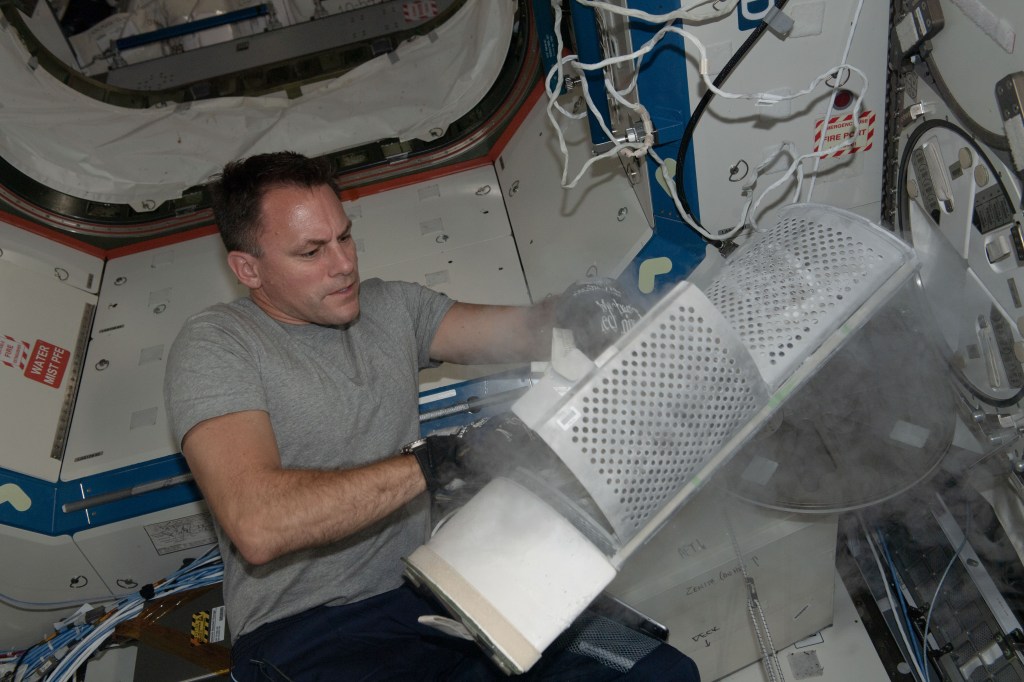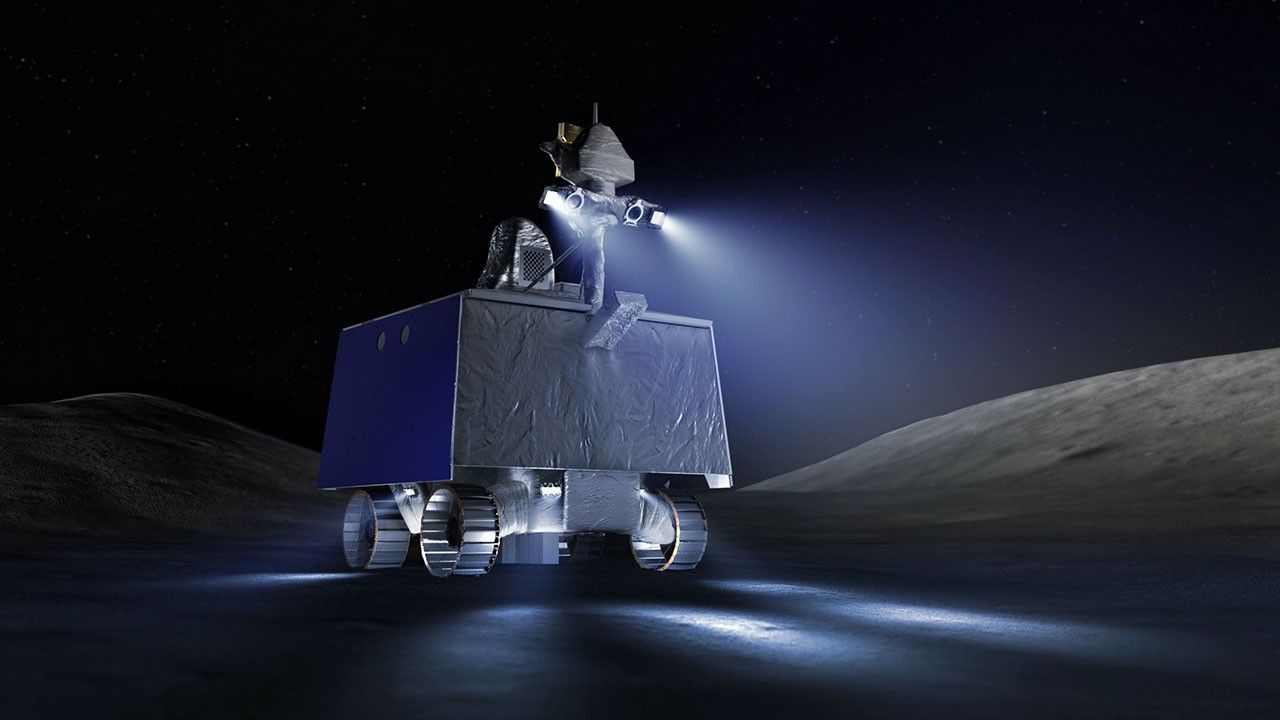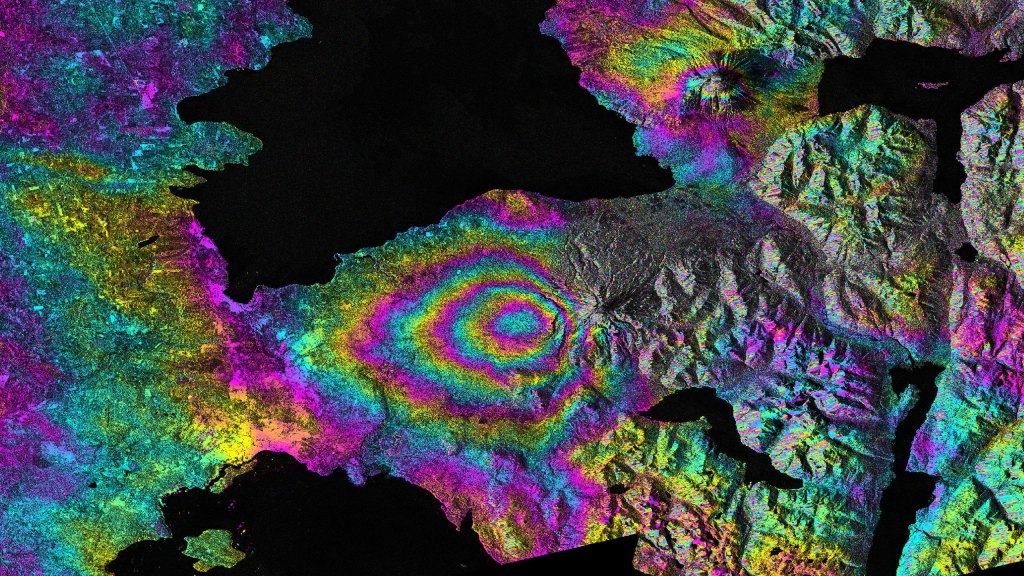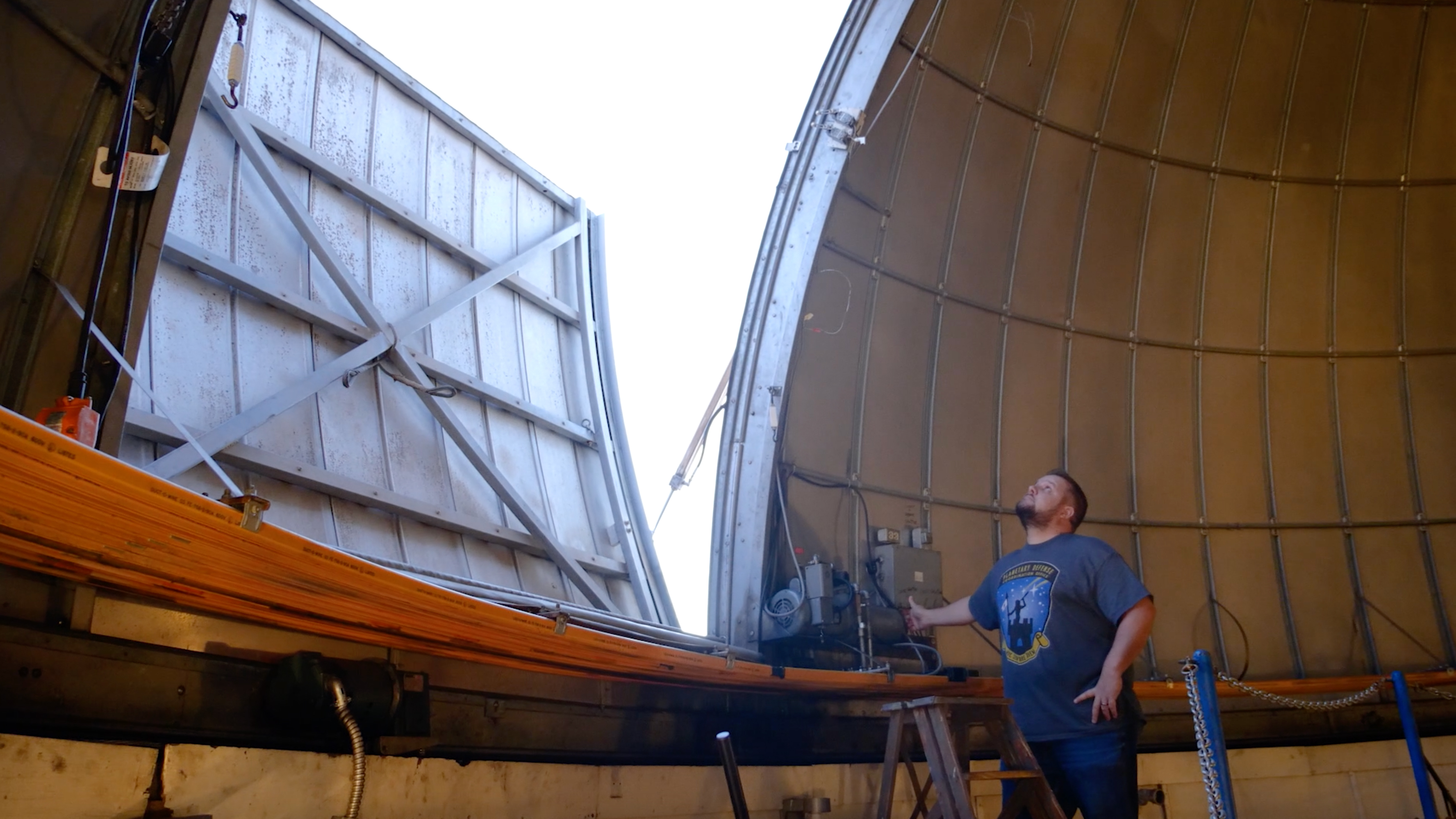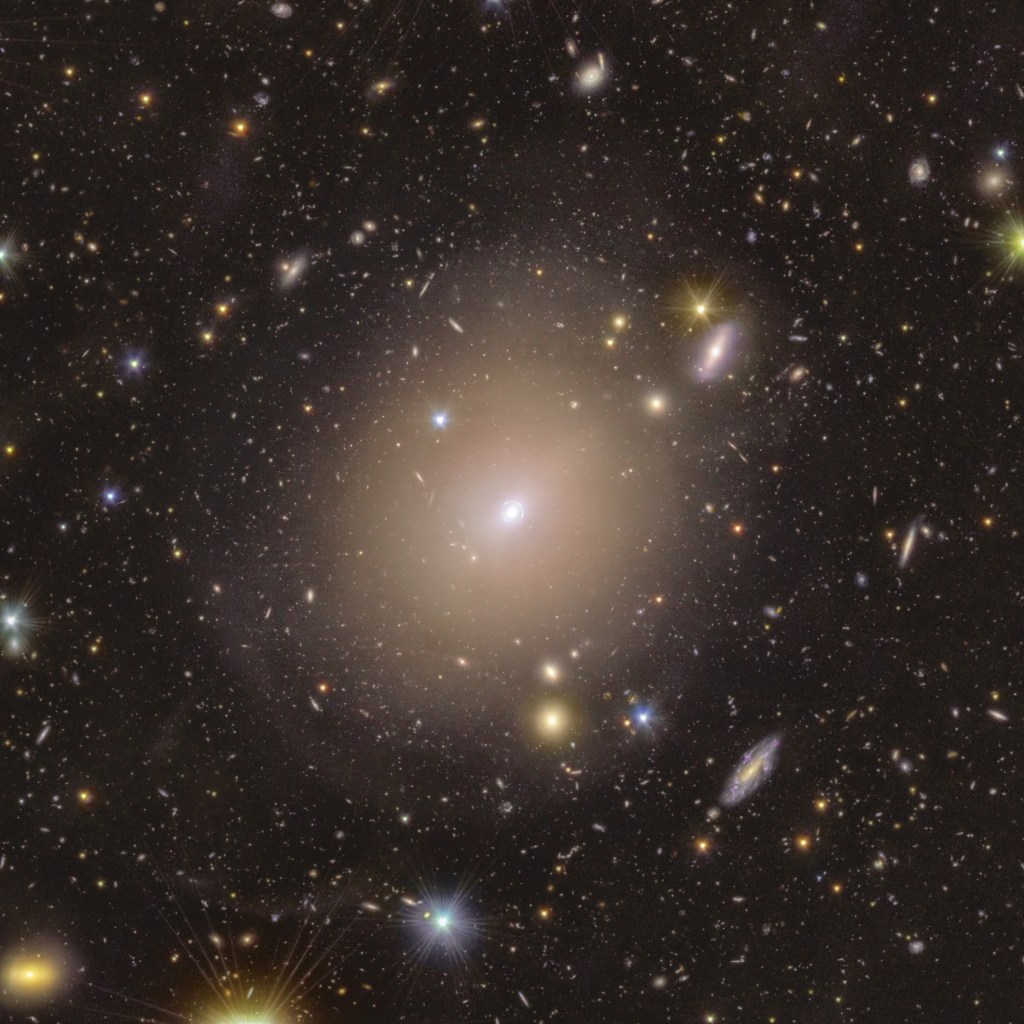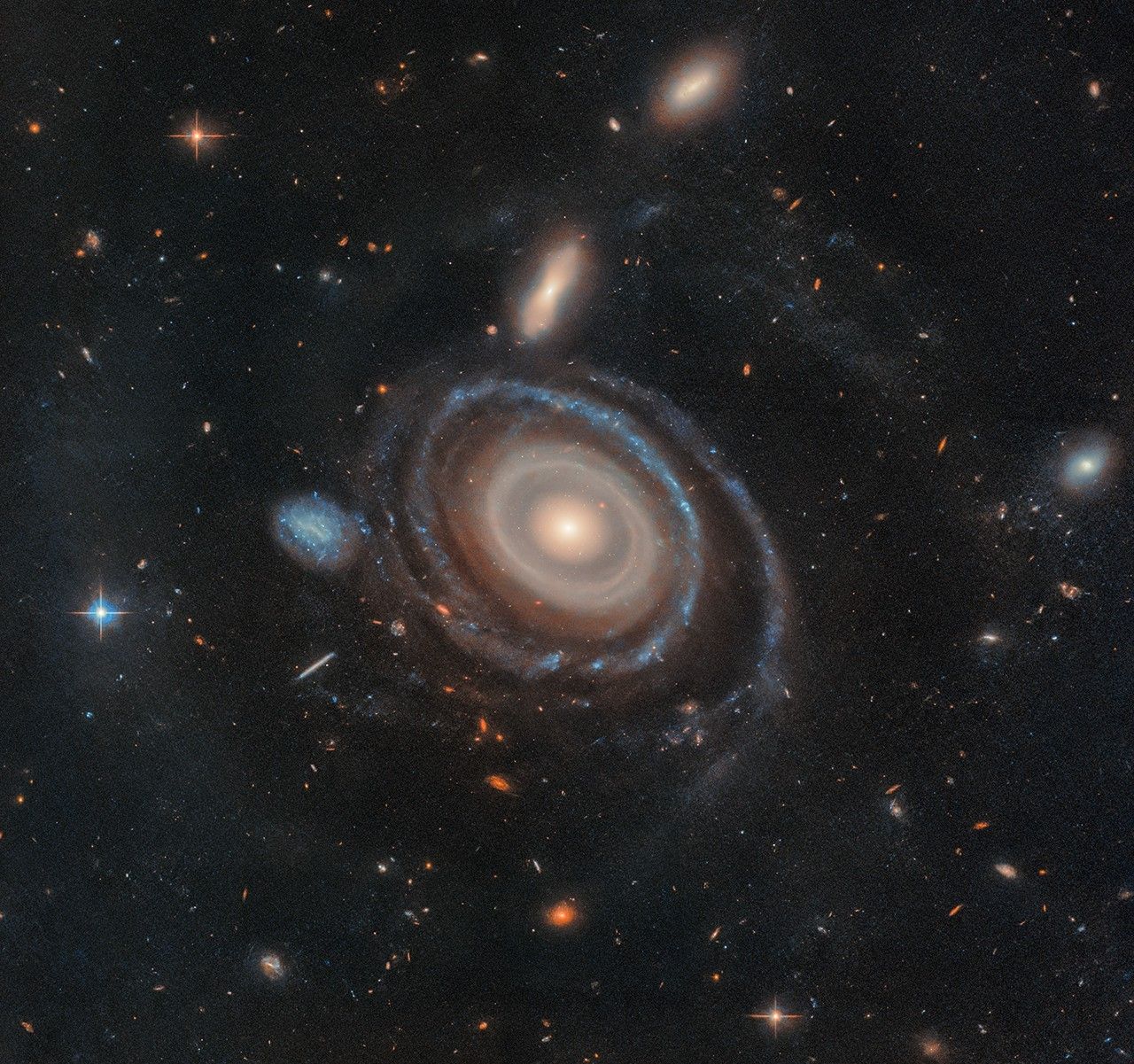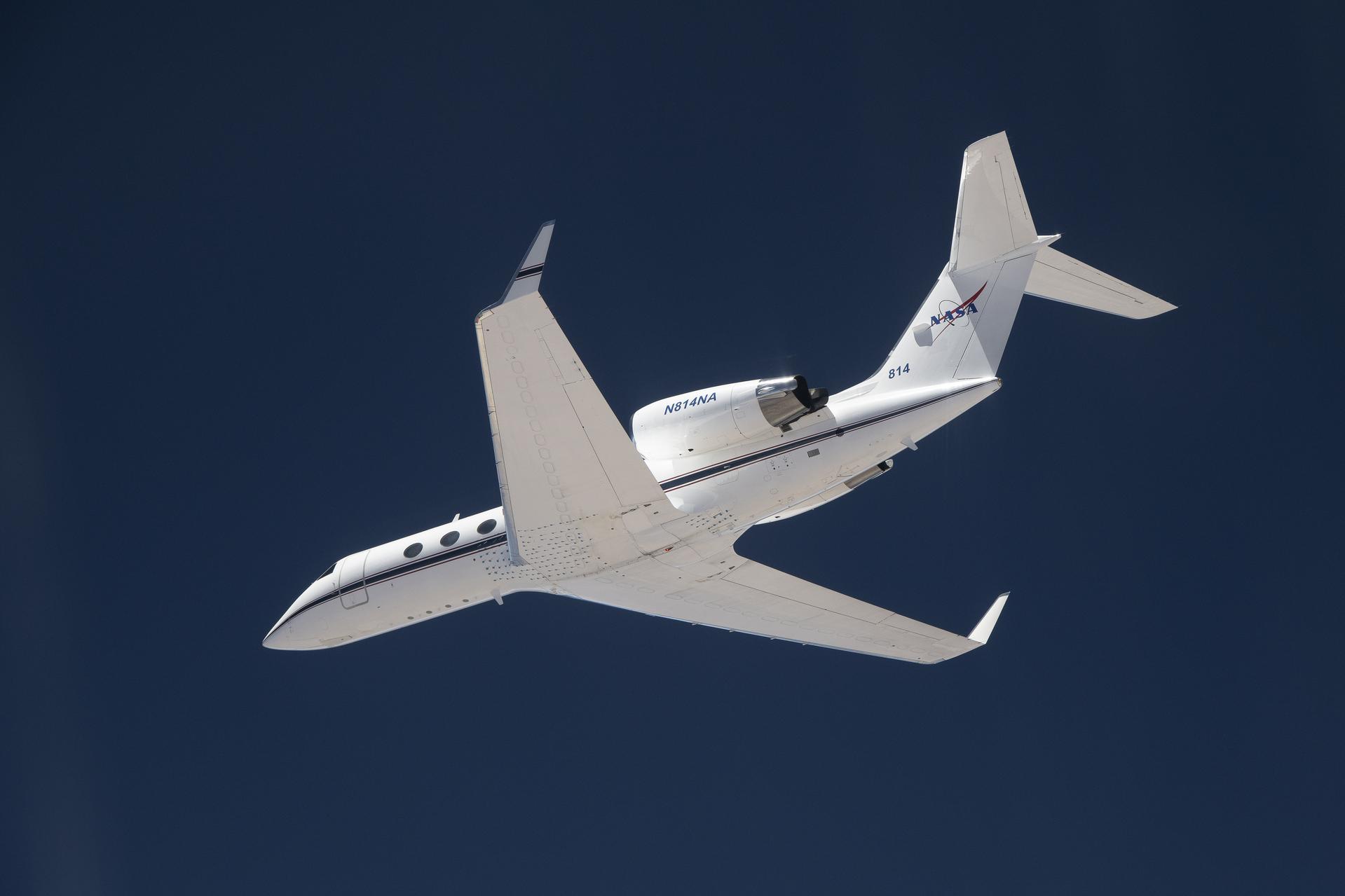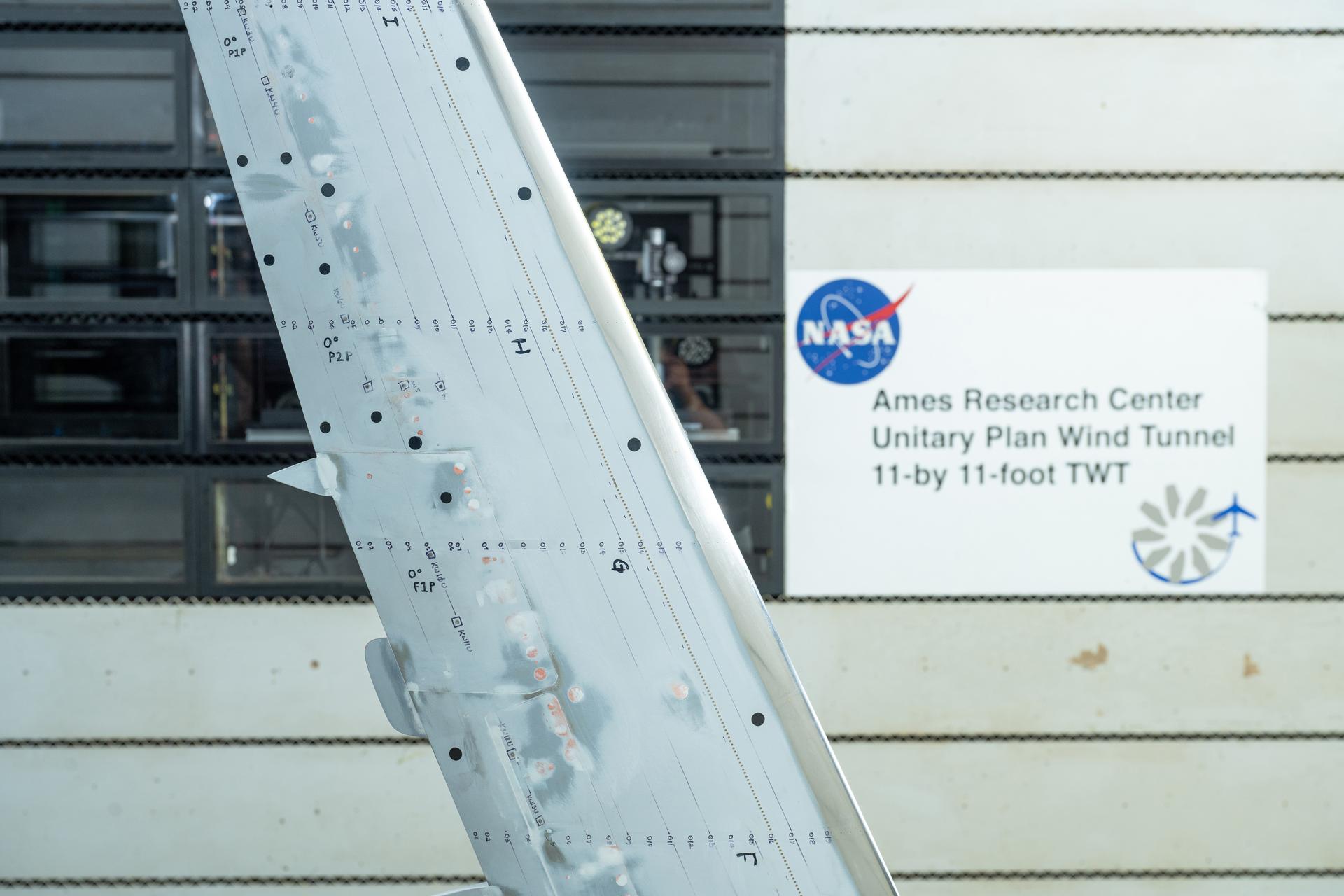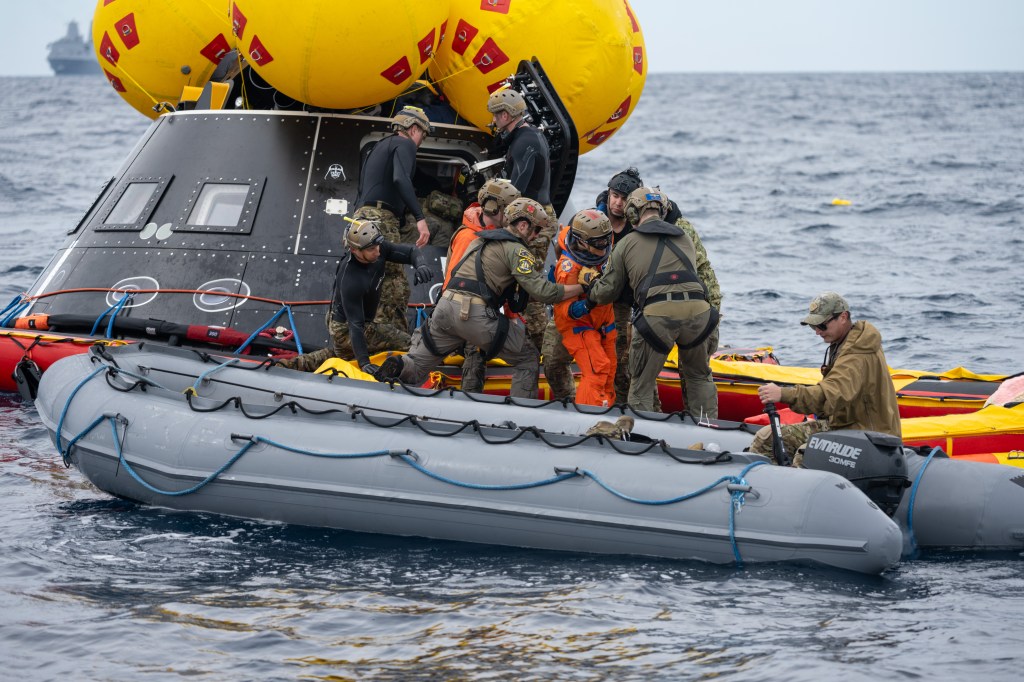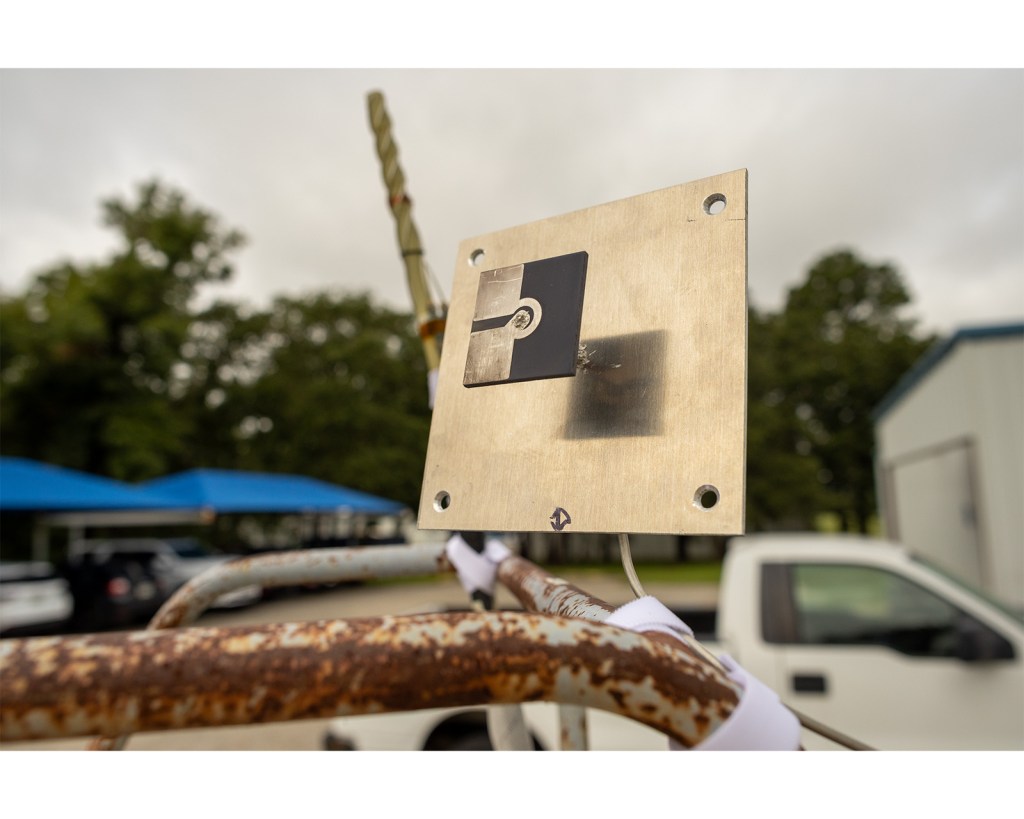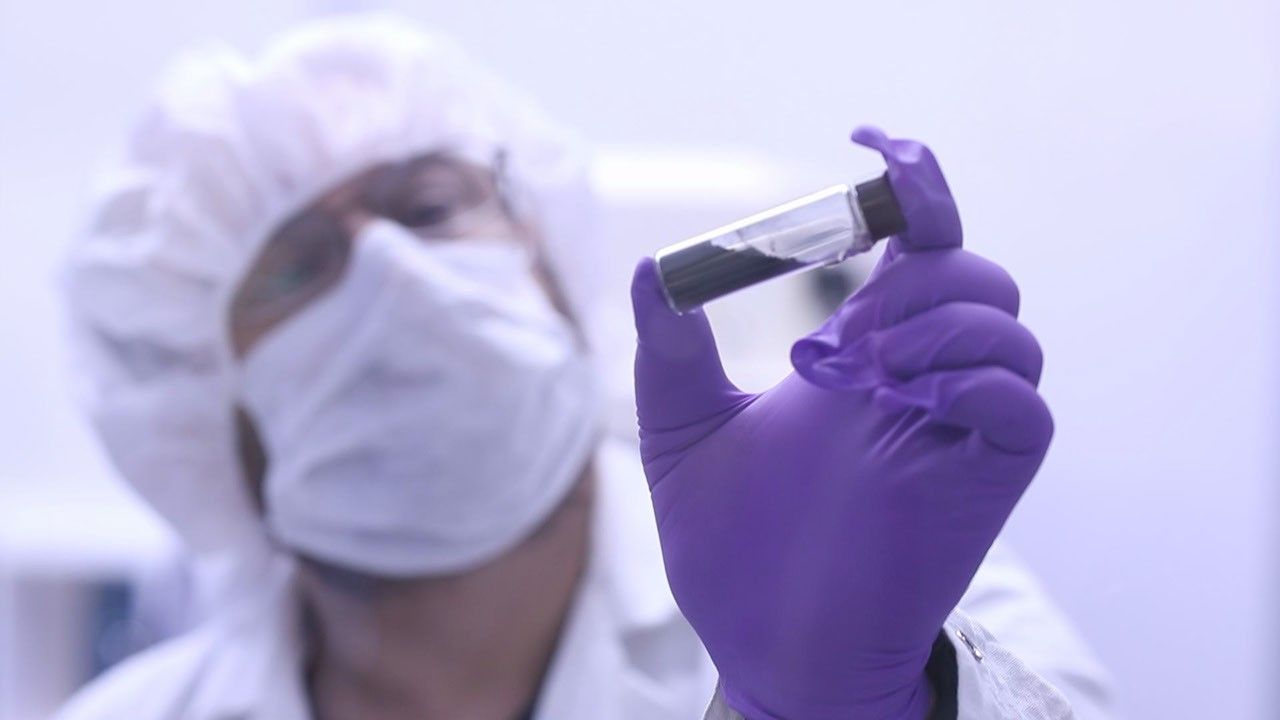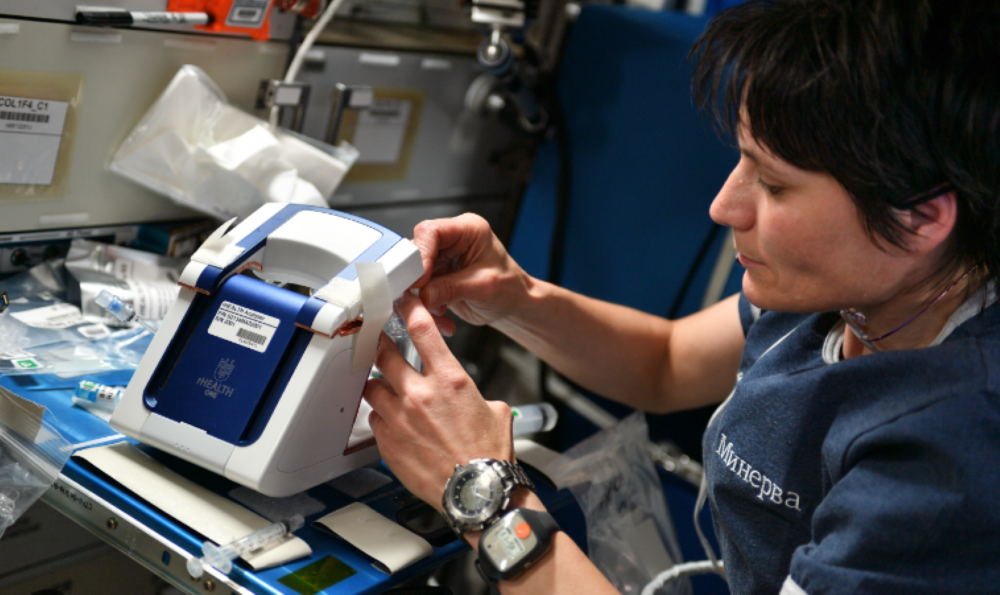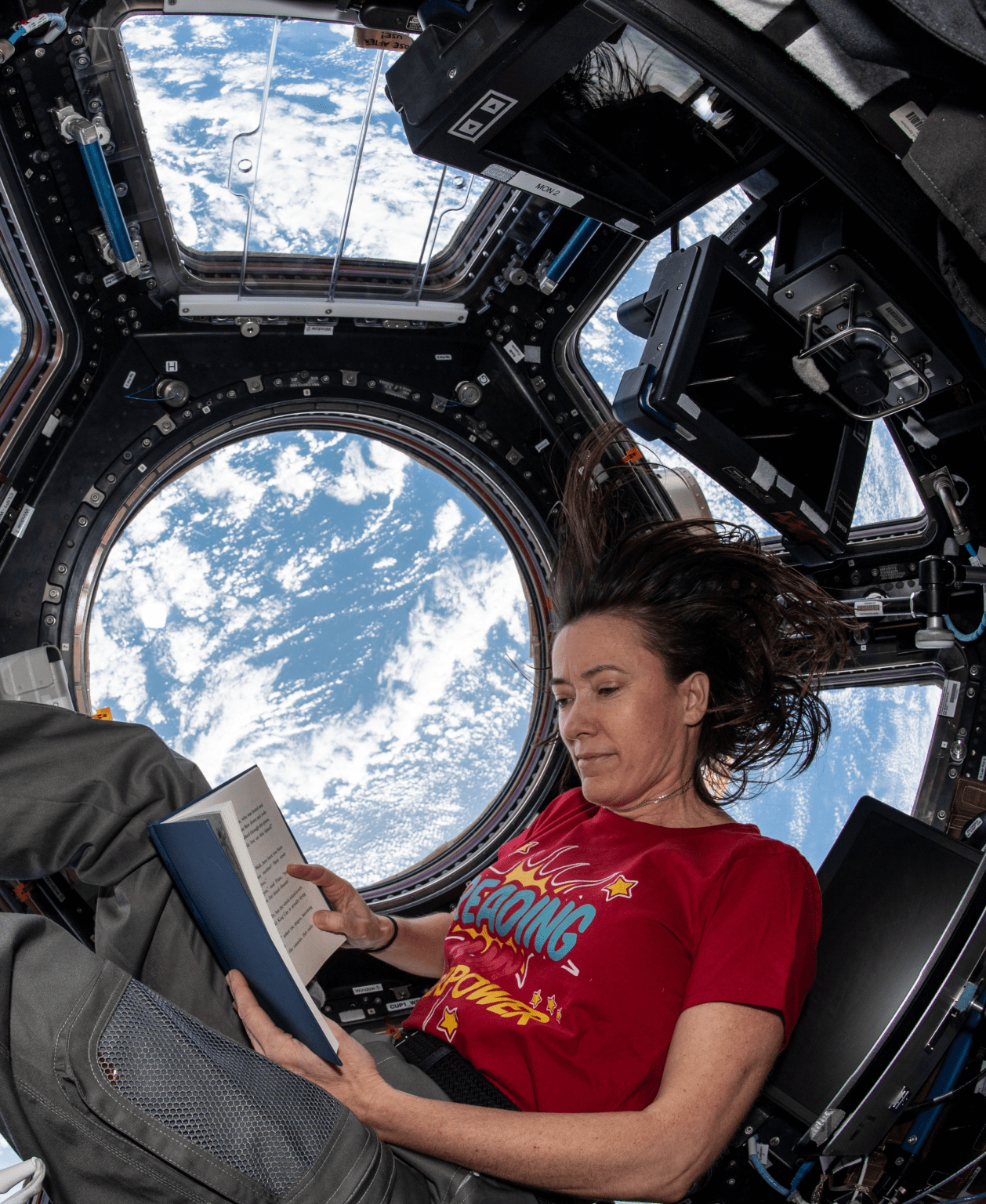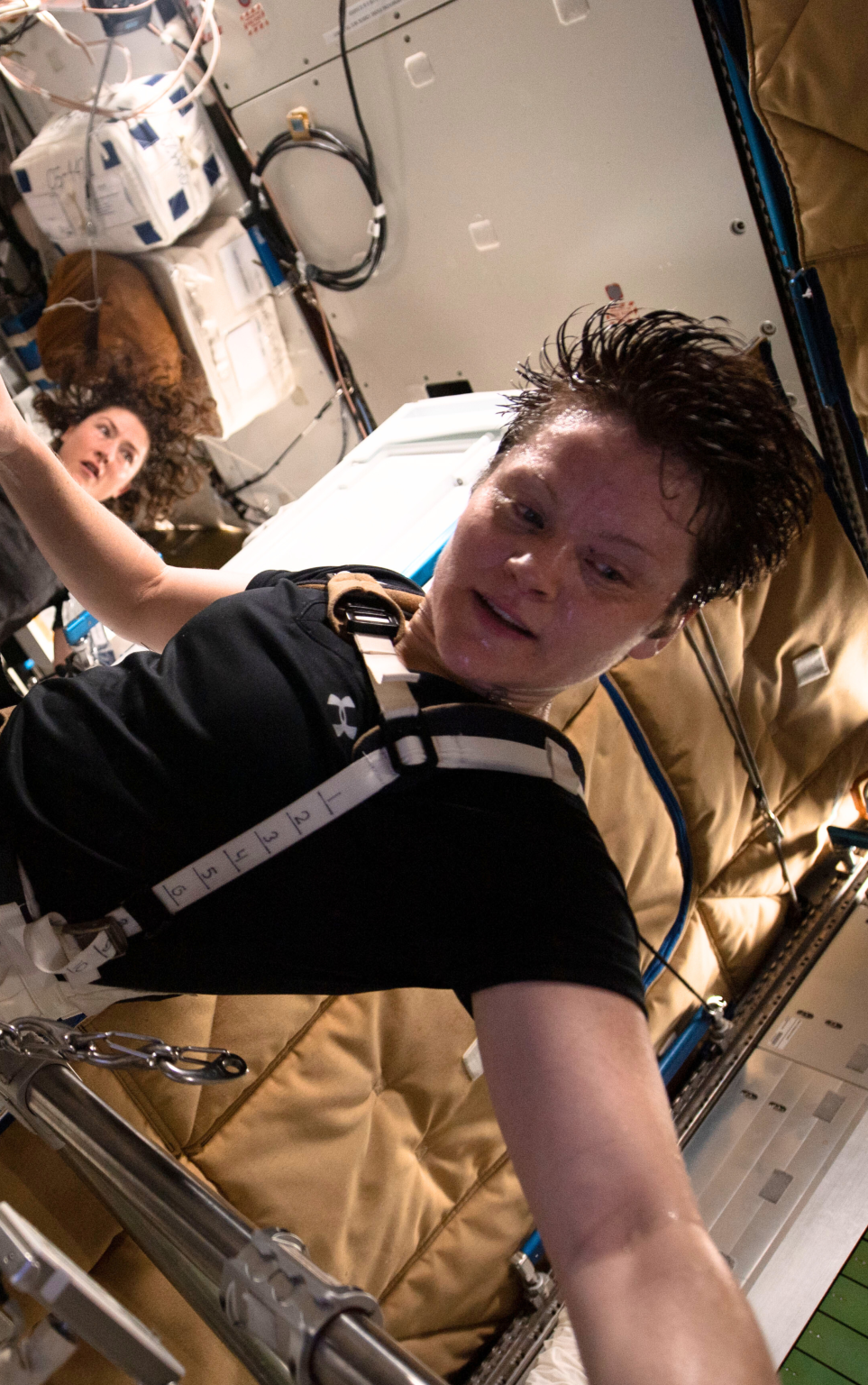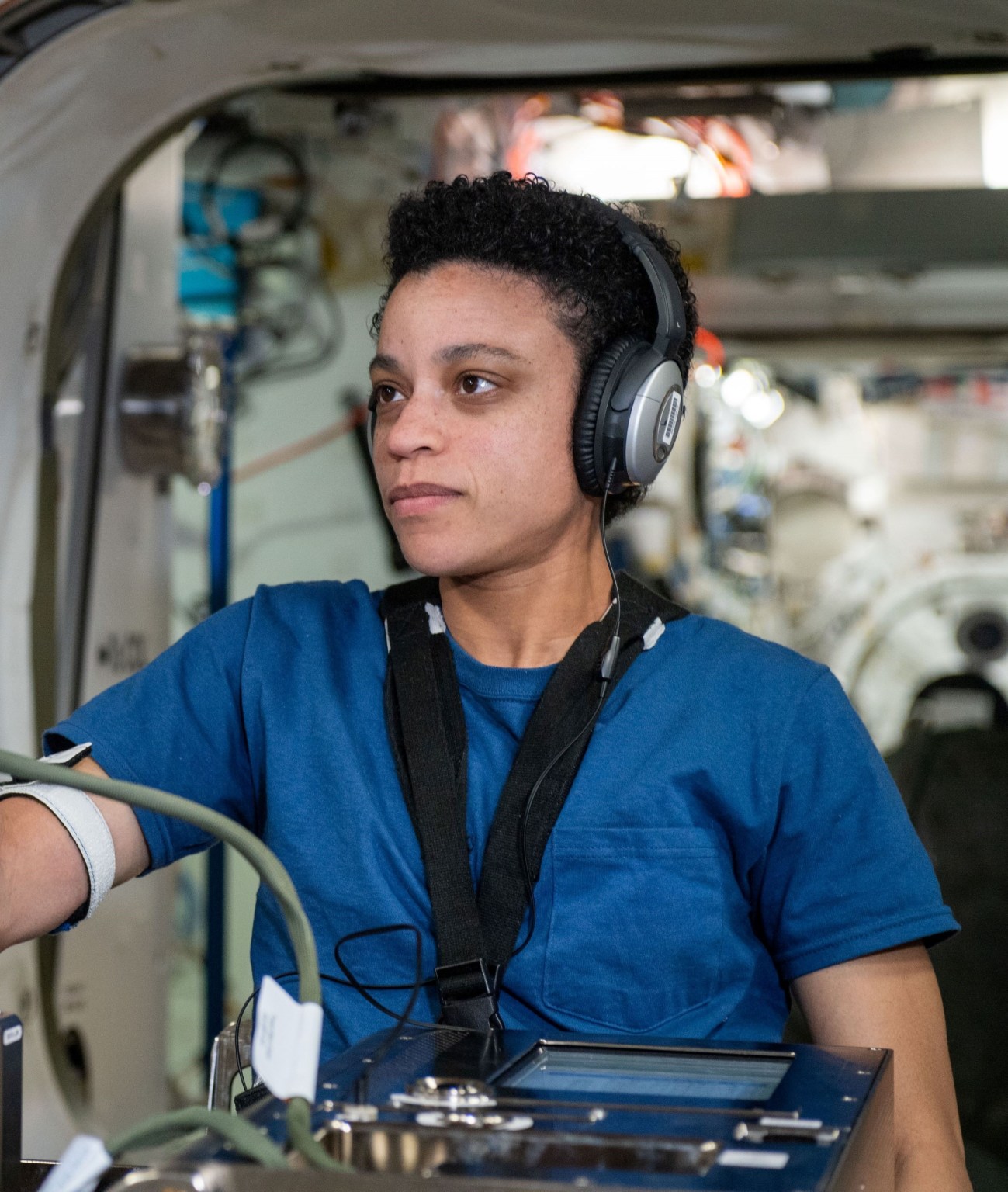Spaceflight Risks

Risk of Space Dust
Tiny particles of space dust may settle on equipment, hardware, and spacesuits, potentially affecting astronauts’ health over time. Researchers seek to understand the long-term risks of such exposures, particularly with deep space missions.

Risk of Injury or Illness in Space
Managing medical conditions and accidents in space is essential for mission success. In particular, researchers are assessing how to address problems without real-time medical support from any Earth-bound mission control center.

Risk of Ineffective Medications and Toxic Byproducts
Medicines may lose their potency or stability during long trips to space. Studying how medicines degrade in space and addressing the related health hazards are key research priorities.

Risk of Kidney Stone Formation
When bones break down in space, calcium is released into blood and urine, sometimes boosting the risk of kidney stone formation. Dehydration and microgravity can also heighten this risk. Top research priorities include preventing kidney stone formation and better identifying and treating this condition in space.

